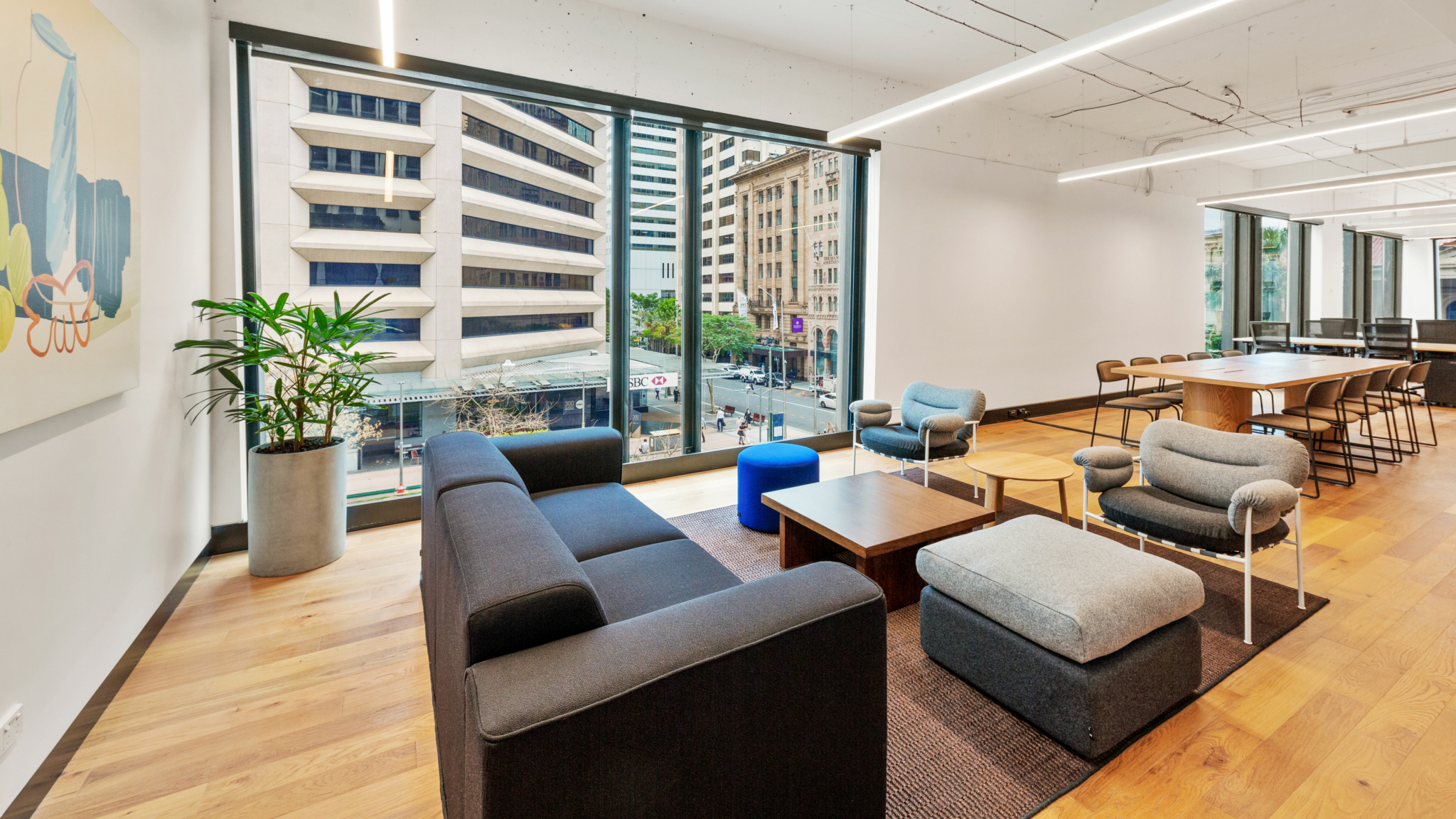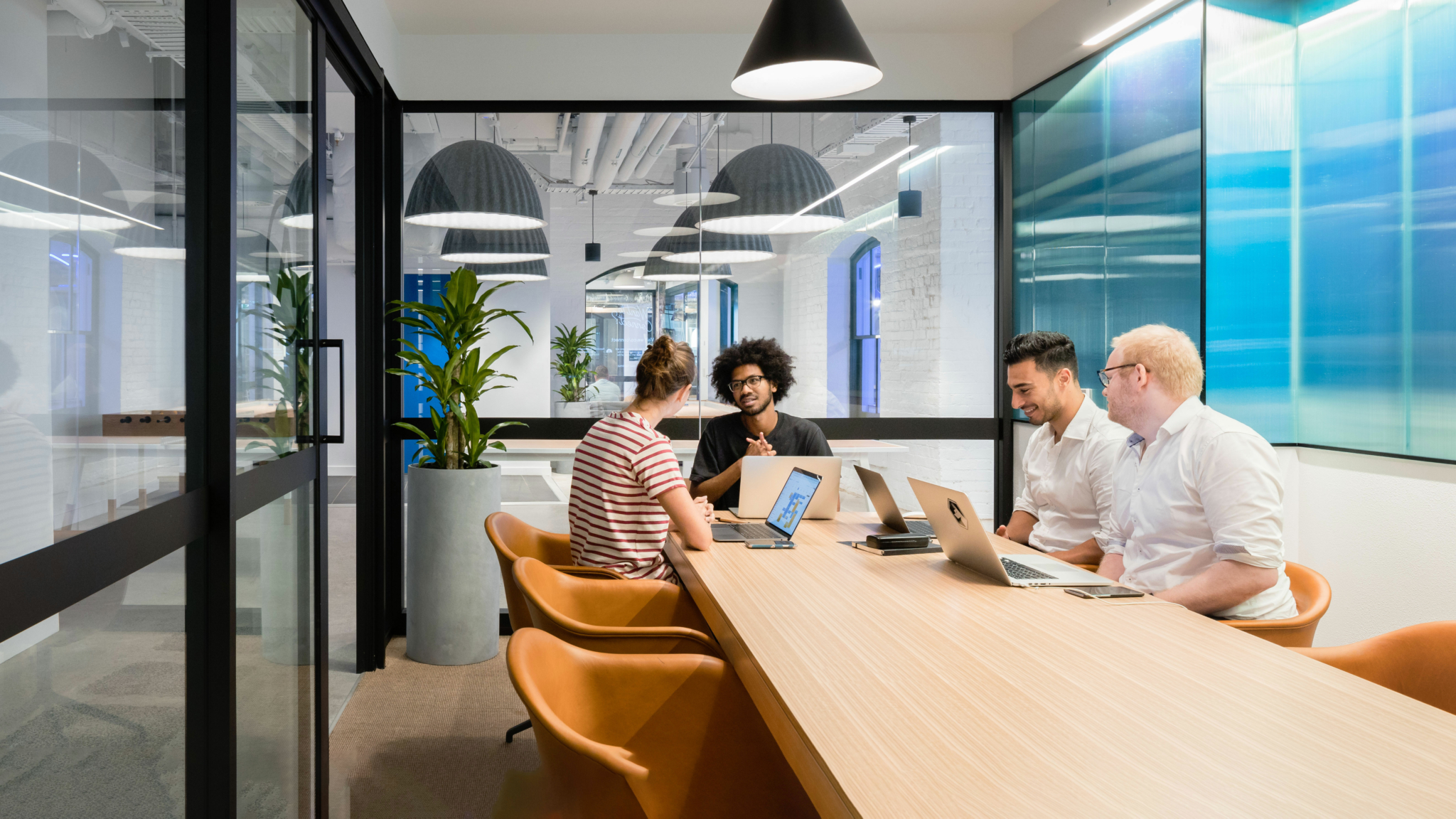Miami has been called the “capital of Latin America.” Cubans, Venezuelans, Colombians, Brazilians, Puerto Ricans, and many others call the Magic City home. While historically people have come to Miami to visit South Beach, own a beachfront property, or get steady access to Cuban coffee, businesses today are finding that there are many more reasons to call Miami home.
It has a strategic location
From the south, Miami represents an entry point into the U.S. economy. But coming from the opposite direction, it’s the gateway to one of the strongest and most promising economies in the world today: Latin America.
Mexico, Brazil, Colombia, and Argentina are spearheading this economic growth. According to Forbes, in 2020 combined, these economies will have a 2.6 percent GDP growth (compared to a previous forecast of 2 percent). The picture is even better when compared to Asia-Pacific, where growth is expected to remain flat.
There’s a fin-tech and startup opportunity
Latin America represents nearly 10 percent of the world’s population. It’s a population with a growing middle class that’s adopting U.S. consumer behaviors with a huge appetite for online technologies. Interestingly, most of this up-and-coming middle class is also underbanked—and as financial services become less centralized and more digital, another great opportunity arises.
In Miami, Brickell Avenue has the largest number of international banks in one place, making it the right place to create a fin-tech ecosystem to answer all of LATAM’s demands with access to both U.S. and LATAM capital.
Latin American investors have historically bought real estate and invested in businesses here in a flight-to-quality play. But as opportunities become more obvious, more capital should start moving from real estate into the disruption of antiquated technologies.
Large Miami-based hospitality companies are now starting to create innovation departments to create better experiences that could give birth to a huge hospitality tech sector.
Along with a growing tech-savvy population, an increasing number of graduates in Miami are taking less-conventional routes to educate themselves in coding by attending coding schools like Wyncode to learn to create applications and make themselves attractive to companies looking to innovate.
There’s also a corporate opportunity
Miami is a three-and-a-half-hour flight to Bogota or Mexico City, eight and a half hours to Rio de Janeiro or São Paulo, nine hours to Buenos Aires, and less than three hours to New York City. These short travel distances, coupled with the growing local talent (which you can employ for a fraction of the cost versus hiring in cities like New York or San Francisco), have attracted many large corporations to establish a presence here.
Operationally it makes sense to be in the same time zone, with competitive talent and at a fraction of the cost. Another benefit: Miami talent understands both LATAM and the U.S., generally speaks both English and Spanish fluently, and is very happy to live in a place where rent isn’t prohibitive, homeownership is approachable, and the beach is a short drive away.
An estimated 300,000 people move to Florida every year. In Miami, there’s a growing trend of people looking for a better quality of life and a manageable cost of living. Even locals who once fled north due to lack of opportunities are starting to return to their home state.
And a VC and PE opportunity
Given the saturation and below-average (or nonexistent) returns in mature markets like Silicon Valley, Austin, New York, and others, many venture capital and private equity shops are starting to take note of Miami.
VCs can find more opportunities here, avoiding the oversubscribed monster rounds in other cities that don’t have the returns they used to have. In fact, Miami was named the number one city for small business growth in 2019.
The consistency of exits will attract a growing amount of capital to Miami. In the past two years, a few notable deals have given investors faith that Miami can become a place for great returns. Ultimate Software, an HR platform, was acquired for an eye-popping $11 billion last year. In 2018, construction management platform e-Builder was acquired for $500 million, and Farelogix, a travel industry management platform, was acquired for $360 million.
And it’s all under one roof
Whether you’re an early-stage startup, a large corporation, a big bank, a venture capital firm, or a private equity shop based in Latin America or the U.S., businesses like yours are a significant part of Miami’s growth potential. And there’s one place where all of these businesses reside together: WeWork Miami.
WeWork is the right place for companies of all sizes to arrive from Latin America or anywhere in the United States to network together, build together, and take advantage of this huge opportunity.
Talk to our sales team today to see what flexible workspace solution fits your needs in Miami.
Rethinking your workspace?










